Home>Home Appliances>Laundry Appliances>How Often Should You Clean A Washing Machine
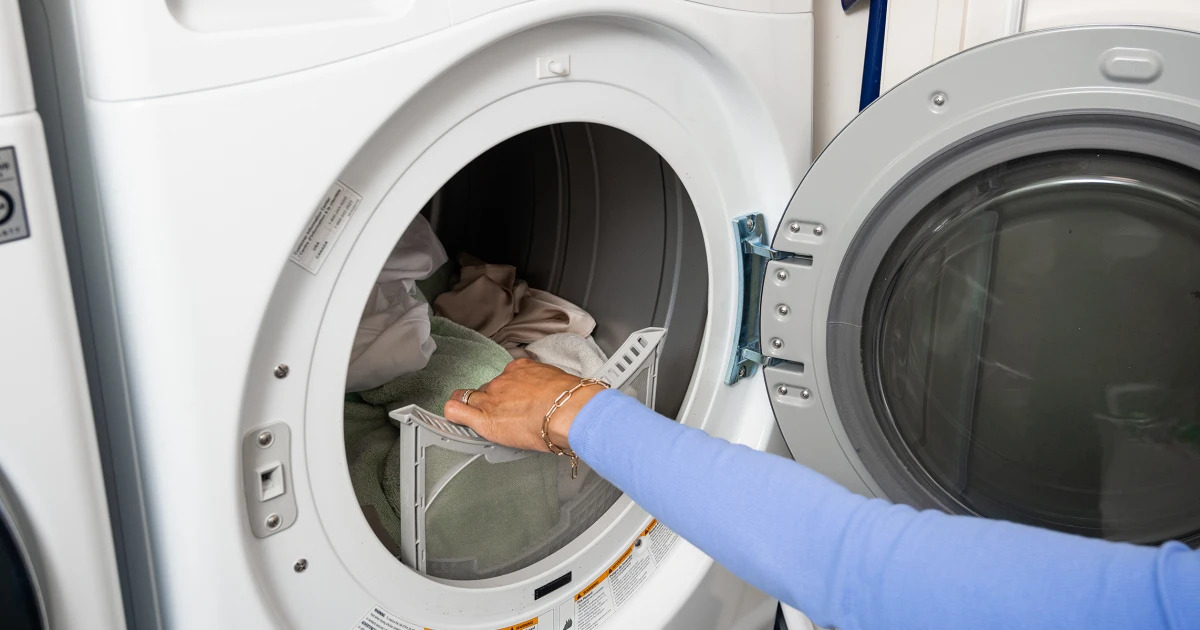

Laundry Appliances
How Often Should You Clean A Washing Machine
Published: February 22, 2024
Discover the best cleaning frequency for your laundry appliances. Learn how often to clean a washing machine for optimal performance and longevity. Keep your laundry appliances in top condition!
(Many of the links in this article redirect to a specific reviewed product. Your purchase of these products through affiliate links helps to generate commission for Storables.com, at no extra cost. Learn more)
Importance of Regular Washing Machine Cleaning
Regular cleaning of your washing machine is crucial for maintaining its performance and prolonging its lifespan. Over time, detergent residues, fabric softener, and dirt can accumulate in various parts of the machine, leading to unpleasant odors, mold growth, and potential malfunctions. By incorporating a consistent cleaning routine, you can prevent these issues and ensure that your laundry is always fresh and clean.
When you neglect to clean your washing machine, the accumulation of grime and mold can compromise the cleanliness of your clothes. This can be particularly concerning for individuals with sensitive skin or allergies, as residual mold and bacteria may trigger adverse reactions. Additionally, a dirty washing machine can affect the efficiency of the cleaning process, resulting in clothes that are not thoroughly washed and rinsed.
Furthermore, neglecting washing machine maintenance can lead to more serious problems, such as clogged drains, damaged seals, and malfunctioning components. These issues can be costly to repair and may even necessitate the replacement of the entire machine. By prioritizing regular cleaning, you can prevent the buildup of debris and grime that contribute to these mechanical issues, ultimately saving you time and money in the long run.
In essence, regular washing machine cleaning is essential for preserving the cleanliness of your laundry, safeguarding the well-being of your household, and ensuring the longevity of your appliance. By dedicating a small amount of time to maintenance, you can enjoy consistently fresh and hygienic laundry while avoiding the inconvenience and expense of potential repairs.
Key Takeaways:
- Regular washing machine cleaning prevents odors, mold, and malfunctions, ensuring fresh and hygienic laundry while saving time and money on potential repairs.
- Look out for signs like odors, mold, residue on clothes, and slow drainage to know when your washing machine needs cleaning. Proactive maintenance ensures efficient and clean laundry.
Signs That Your Washing Machine Needs Cleaning
-
Unpleasant Odors: If your washing machine emits a musty or foul odor, it is a clear indication that it requires cleaning. Lingering odors often result from the accumulation of mold, mildew, and bacteria within the machine, particularly in areas such as the detergent dispenser, rubber door seal, and drum.
-
Visible Mold or Mildew: Inspect the rubber door seal and other crevices within the washing machine for any signs of mold or mildew growth. These unsightly and potentially harmful substances thrive in damp environments, making the interior of a neglected washing machine an ideal breeding ground.
-
Residue on Clothes: If you notice that your freshly laundered clothes exhibit a musty or unpleasant smell, or if they appear less clean than expected, it could be an indication that your washing machine is in need of cleaning. Residual grime and detergent buildup can transfer onto your laundry, compromising its cleanliness and freshness.
-
Slow Drainage or Standing Water: A washing machine that struggles to drain properly or leaves standing water in the drum after a cycle may be experiencing drainage issues due to the accumulation of debris. This can lead to foul odors and potential mold growth, highlighting the need for thorough cleaning.
-
Detergent Dispenser Buildup: Over time, detergent and fabric softener residues can accumulate in the dispenser drawer, leading to clogs and unpleasant odors. If you observe visible residue or discoloration in the detergent dispenser, it is a clear indication that your washing machine requires attention.
-
Excessive Noise or Vibrations: Accumulated grime and debris can impact the balance and functionality of the washing machine, resulting in excessive noise or vibrations during operation. These irregularities may signal the need for cleaning and maintenance to restore the appliance's optimal performance.
-
Visible Debris in the Drum: Inspect the interior of the washing machine drum for any visible debris, such as lint, hair, or detergent buildup. The presence of such residue indicates that the machine is in need of a thorough cleaning to ensure the effective removal of dirt and grime from your laundry.
By remaining attentive to these signs, you can proactively address the cleaning needs of your washing machine, ensuring that it continues to operate efficiently and deliver consistently clean and fresh laundry.
Simple Cleaning Tips for Your Washing Machine
Regularly cleaning your washing machine is a simple yet essential task that can significantly impact its performance and the cleanliness of your laundry. By incorporating the following straightforward cleaning tips into your maintenance routine, you can ensure that your washing machine operates efficiently and continues to produce fresh, hygienic results.
1. Clean the Detergent Dispenser and Seal
Begin by removing the detergent dispenser drawer and thoroughly cleaning it with warm, soapy water. Pay close attention to any compartments or areas where residue may have accumulated. Additionally, inspect the rubber door seal for any visible mold or mildew, and wipe it down with a solution of water and white vinegar to inhibit bacterial growth.
2. Run a Hot Water Cycle with Vinegar
To eliminate lingering odors and dissolve detergent buildup, pour two cups of white vinegar into the washing machine drum. Run a hot water cycle without any laundry, allowing the vinegar to penetrate and cleanse the interior of the machine. This simple yet effective method helps to sanitize the drum and remove any accumulated residues.
Read more: How Often Should You Clean A Kitchen?
3. Wipe Down the Exterior and Control Panel
Maintain the exterior cleanliness of your washing machine by regularly wiping down the surfaces with a damp cloth and mild detergent. Pay attention to the control panel, knobs, and buttons, ensuring that they remain free from dust, spills, and grime. This practice not only enhances the appearance of the appliance but also contributes to its overall hygiene.
4. Clean the Filter and Drain Pump
Refer to the manufacturer's instructions to locate and clean the washing machine's filter and drain pump. These components are prone to accumulating debris, such as lint, coins, and small objects, which can impede drainage and lead to malfunctions. By routinely clearing the filter and drain pump, you can prevent potential blockages and maintain optimal drainage performance.
5. Leave the Door Ajar After Use
After completing a laundry cycle, leave the washing machine door ajar to allow air to circulate within the drum. This simple practice helps to prevent the development of mold and mildew by promoting ventilation and reducing moisture buildup. By allowing the interior of the machine to dry out between uses, you can mitigate the risk of unpleasant odors and bacterial growth.
Incorporating these straightforward cleaning tips into your washing machine maintenance routine can contribute to its longevity and ensure that it consistently delivers clean, fresh-smelling laundry. By investing a small amount of time and effort into regular cleaning, you can safeguard the performance and hygiene of your appliance, ultimately enhancing the quality of your laundry care.
Recommended Frequency for Washing Machine Cleaning
The recommended frequency for cleaning your washing machine is influenced by several factors, including usage patterns, water hardness, and the types of laundry detergents and additives utilized. By adhering to a consistent cleaning schedule, you can ensure that your washing machine operates optimally and continues to produce clean, fresh-smelling laundry.
For most households, a general guideline is to clean the washing machine every 1-3 months. However, this timeframe can vary based on individual circumstances. Homes with hard water may necessitate more frequent cleaning due to the increased likelihood of mineral deposits and limescale buildup within the machine. Conversely, households with soft water may require less frequent cleaning, as the risk of mineral accumulation is reduced.
Furthermore, the type of laundry detergents and fabric softeners used can impact the cleaning frequency. High-efficiency (HE) washing machines, which are designed to operate with low-sudsing detergents, may benefit from more frequent cleaning if traditional detergents or excessive additives are employed. These products can leave behind residues that contribute to odor and grime buildup within the machine, necessitating more frequent maintenance.
In addition to regular cleaning, it is advisable to perform a maintenance wash every 2-4 weeks, especially for machines that are used frequently. A maintenance wash involves running an empty hot water cycle with a washing machine cleaner or a solution of white vinegar and baking soda. This practice helps to eliminate odor-causing residues and maintain the cleanliness of the machine's interior components.
It is important to note that households with specific needs, such as individuals with sensitive skin or allergies, may benefit from more frequent washing machine cleaning to ensure the hygienic integrity of their laundry. By tailoring the cleaning frequency to accommodate unique requirements, such as allergy management, households can prioritize the cleanliness and freshness of their laundry.
Ultimately, the recommended frequency for washing machine cleaning serves as a proactive measure to preserve the appliance's performance, maintain laundry hygiene, and prevent potential issues associated with neglect. By incorporating regular cleaning into your household maintenance routine, you can uphold the efficiency and cleanliness of your washing machine, ensuring that it continues to deliver optimal results with each laundry cycle.
Frequently Asked Questions about How Often Should You Clean A Washing Machine
Was this page helpful?
At Storables.com, we guarantee accurate and reliable information. Our content, validated by Expert Board Contributors, is crafted following stringent Editorial Policies. We're committed to providing you with well-researched, expert-backed insights for all your informational needs.
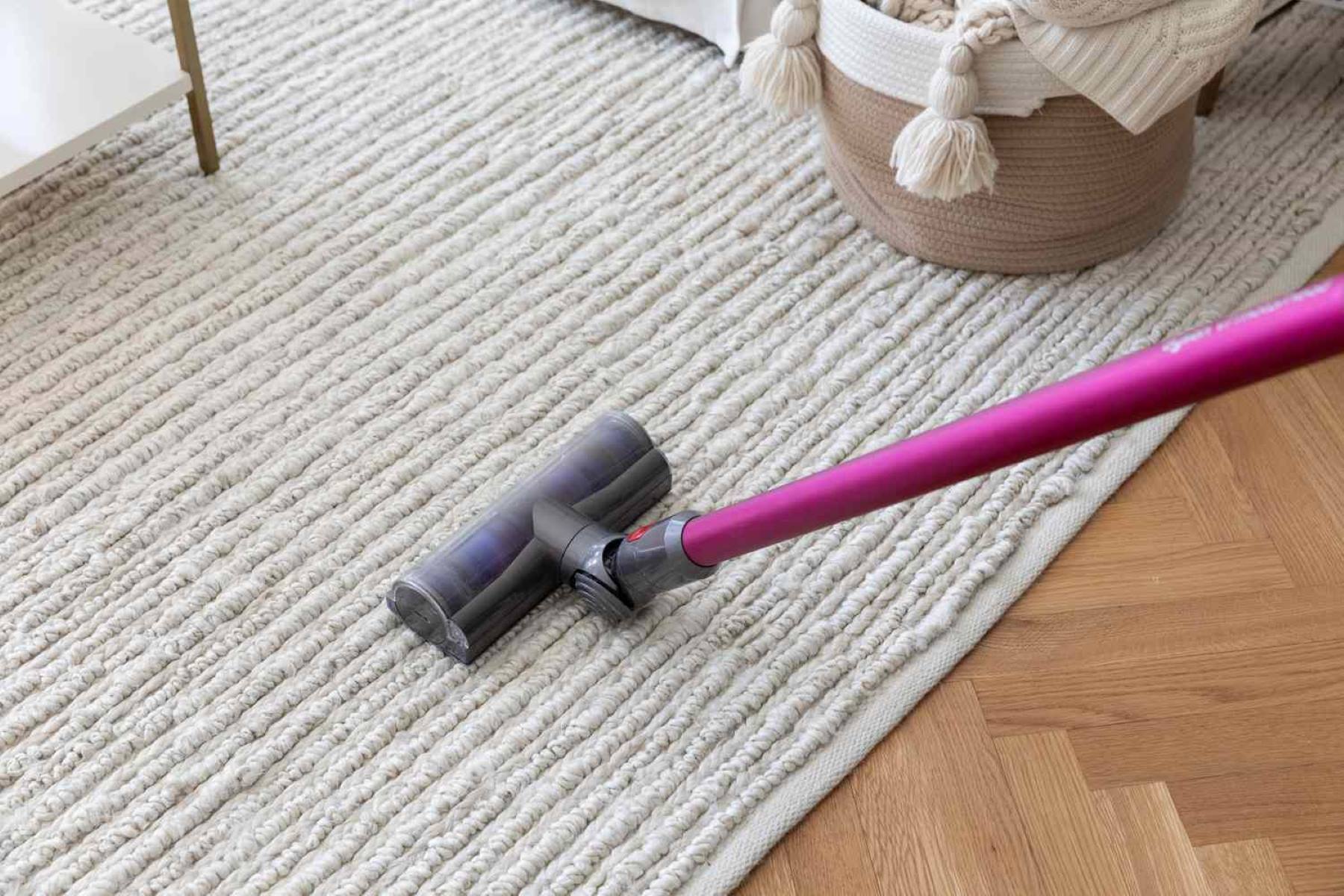
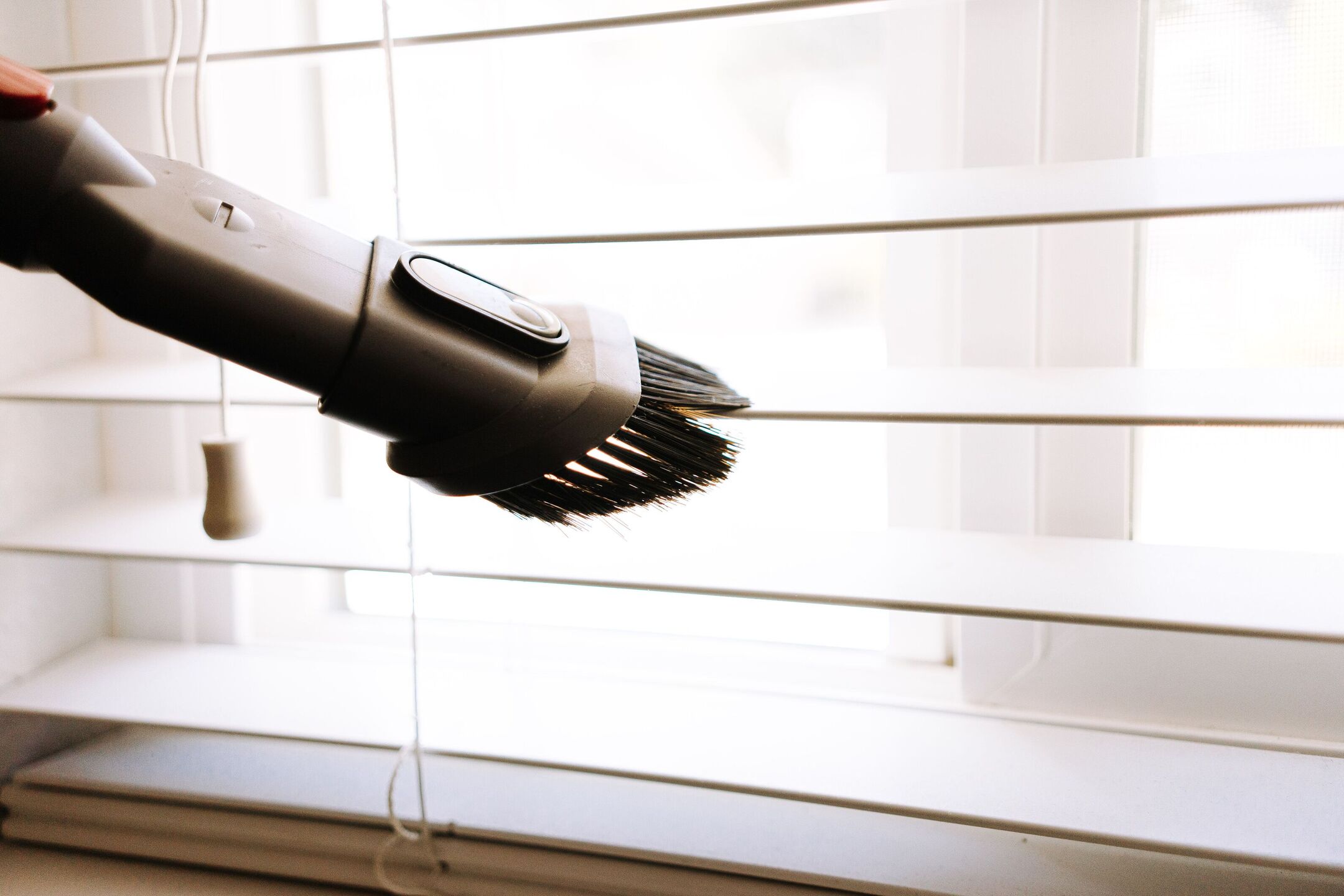

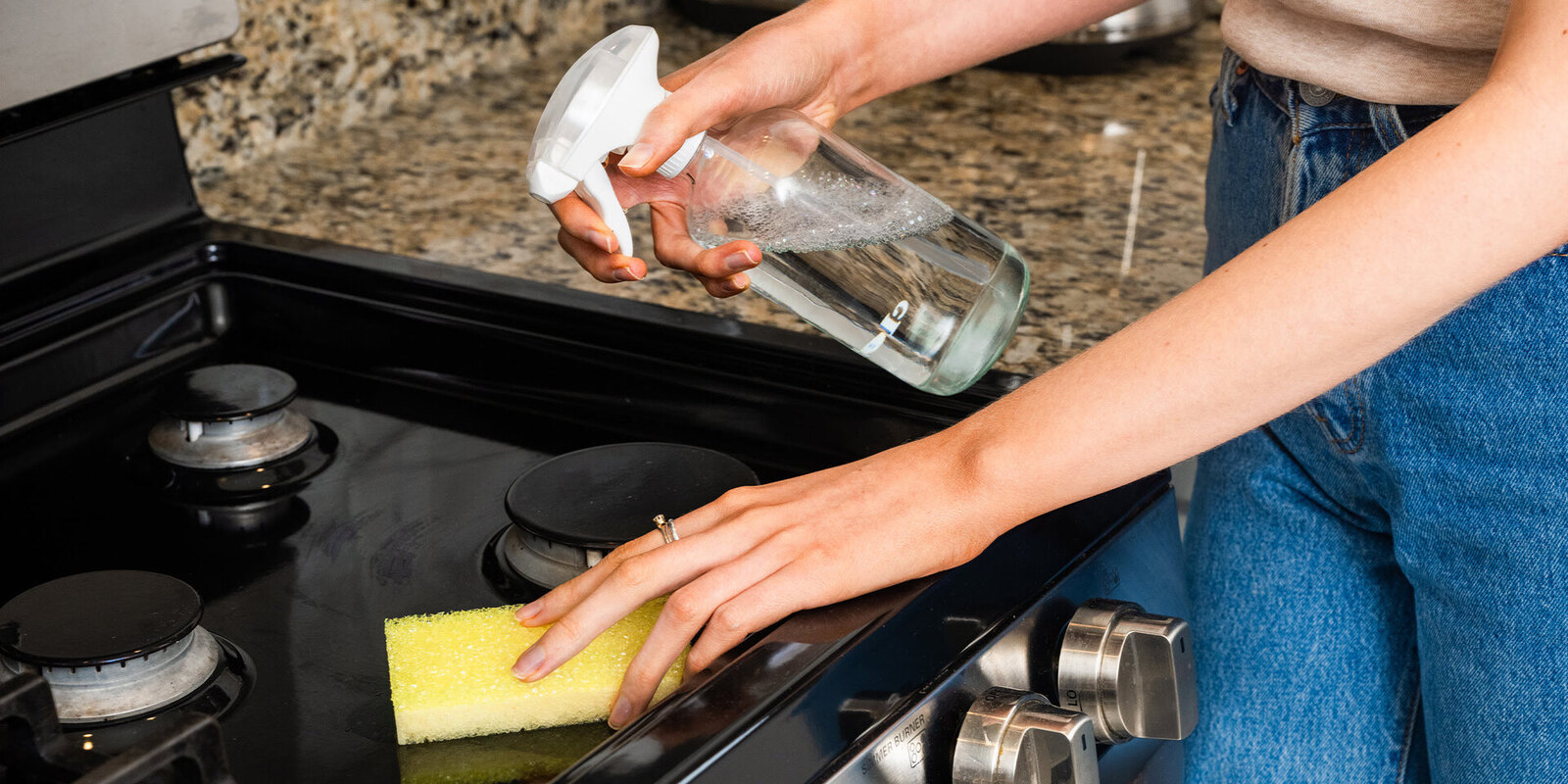
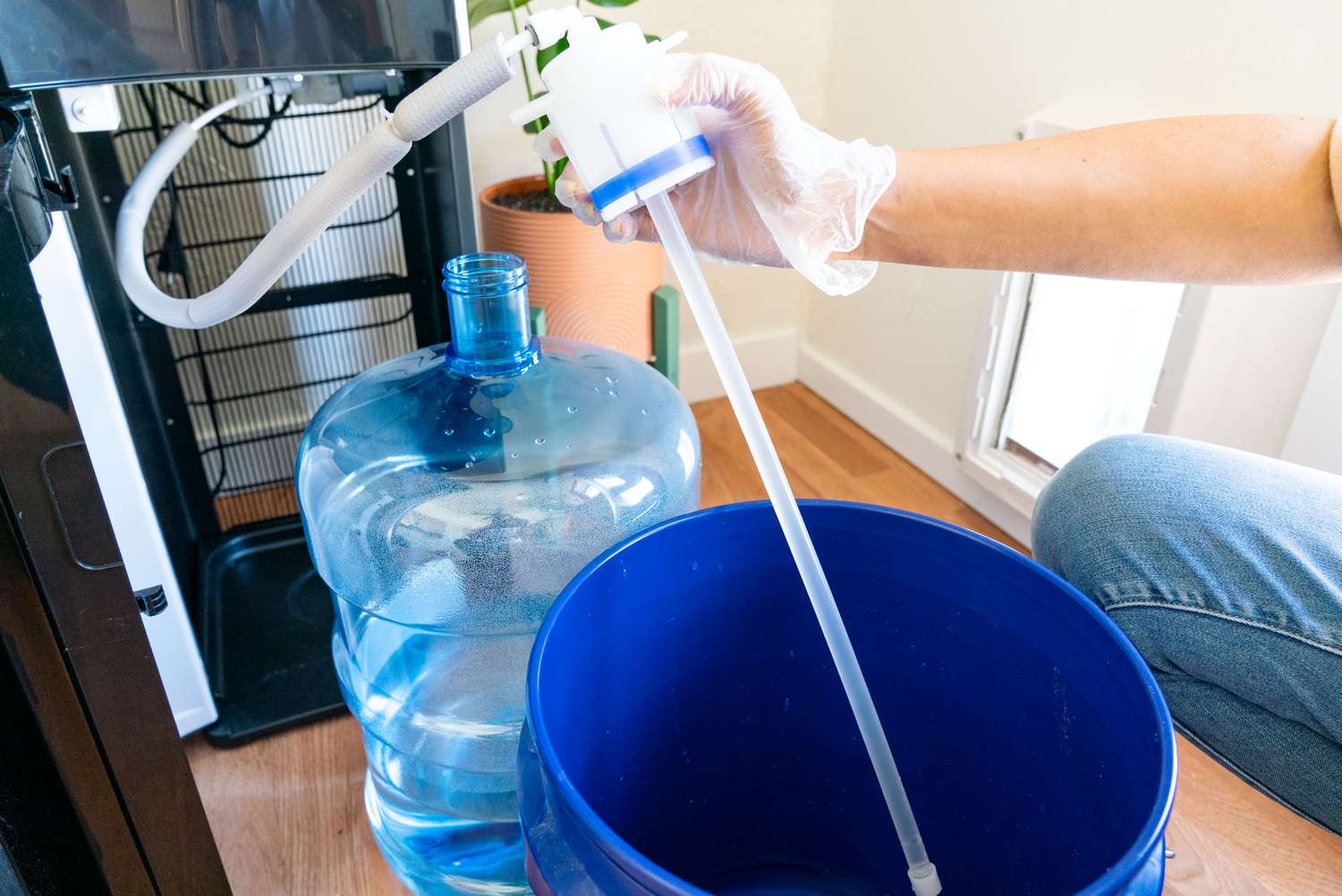
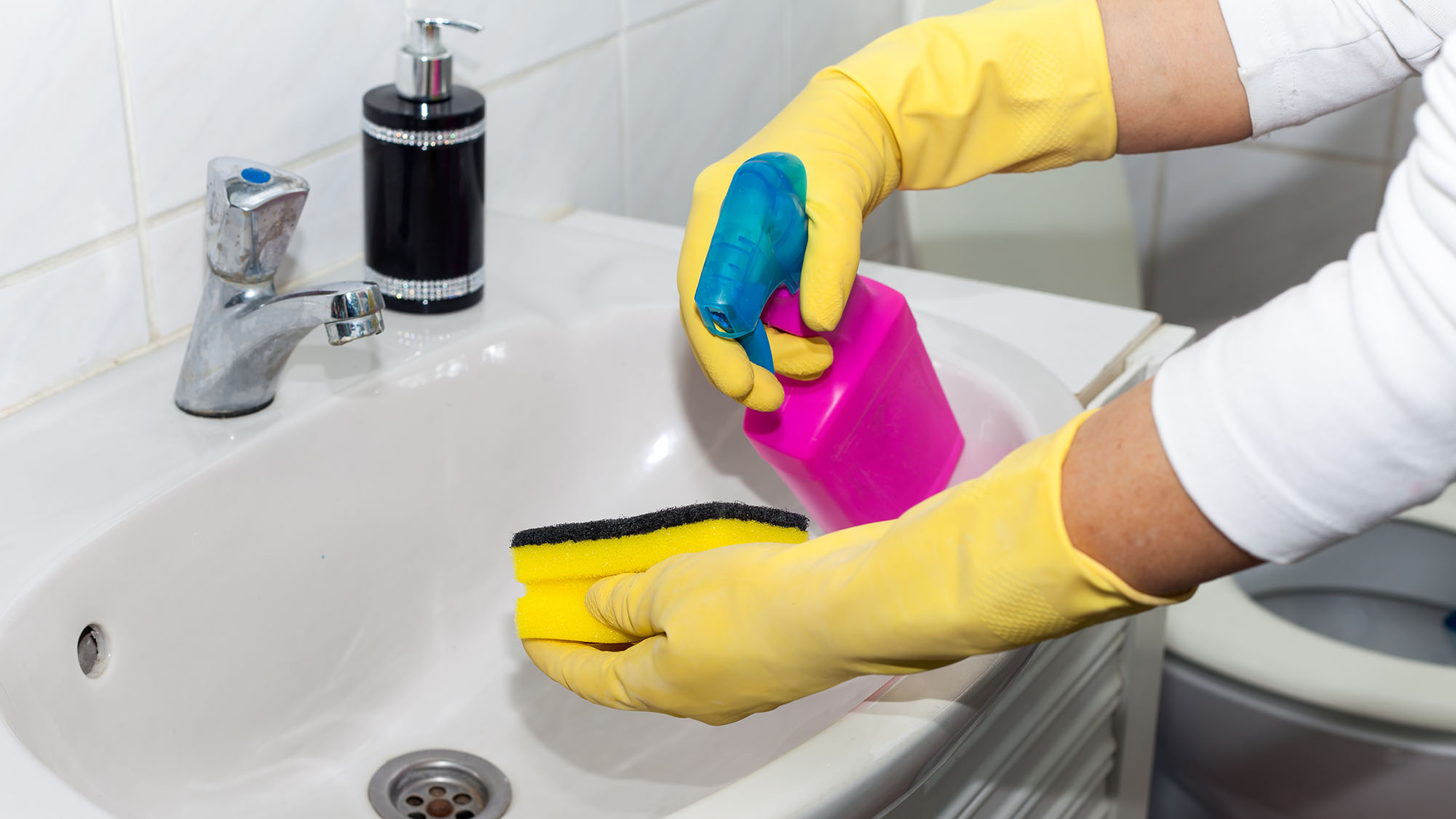
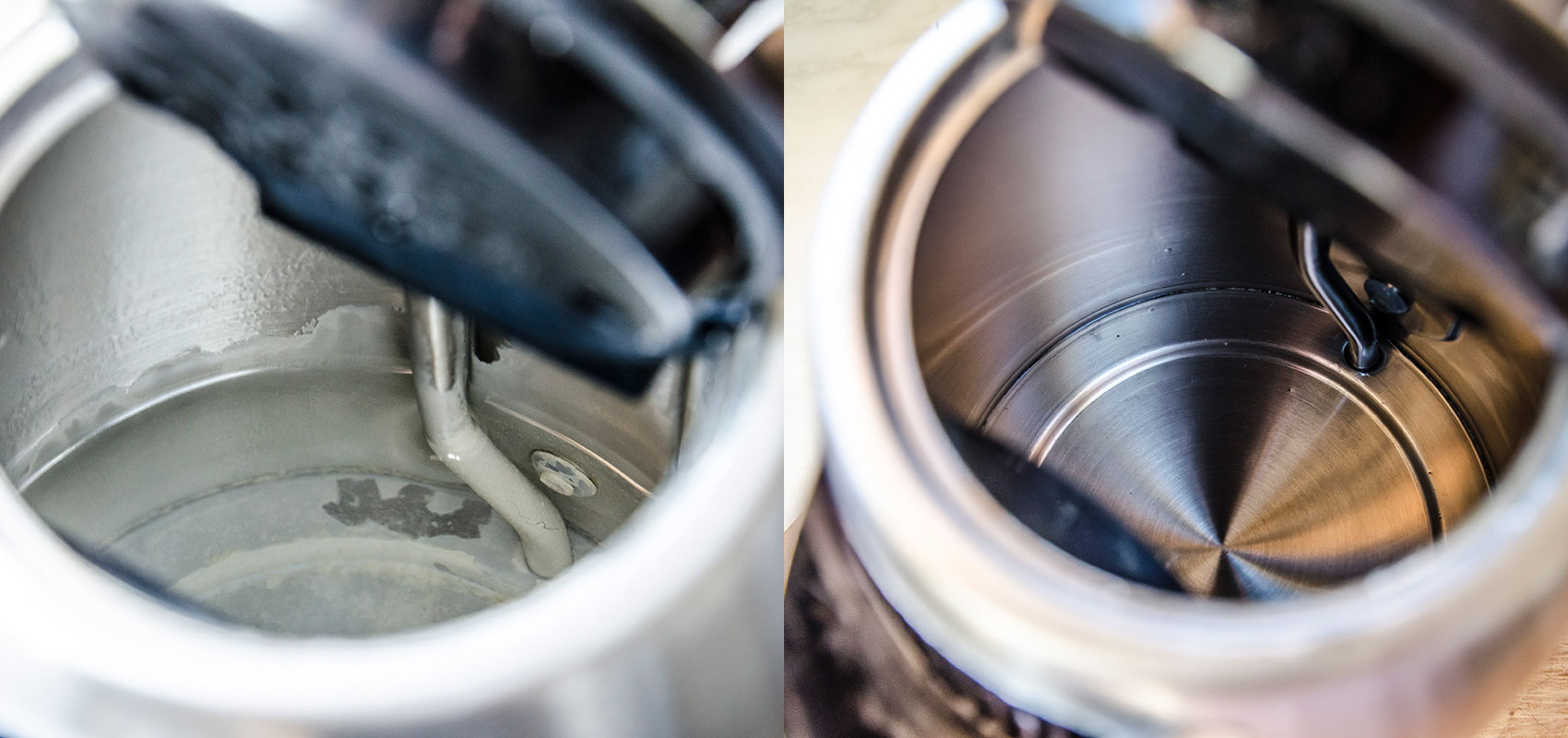

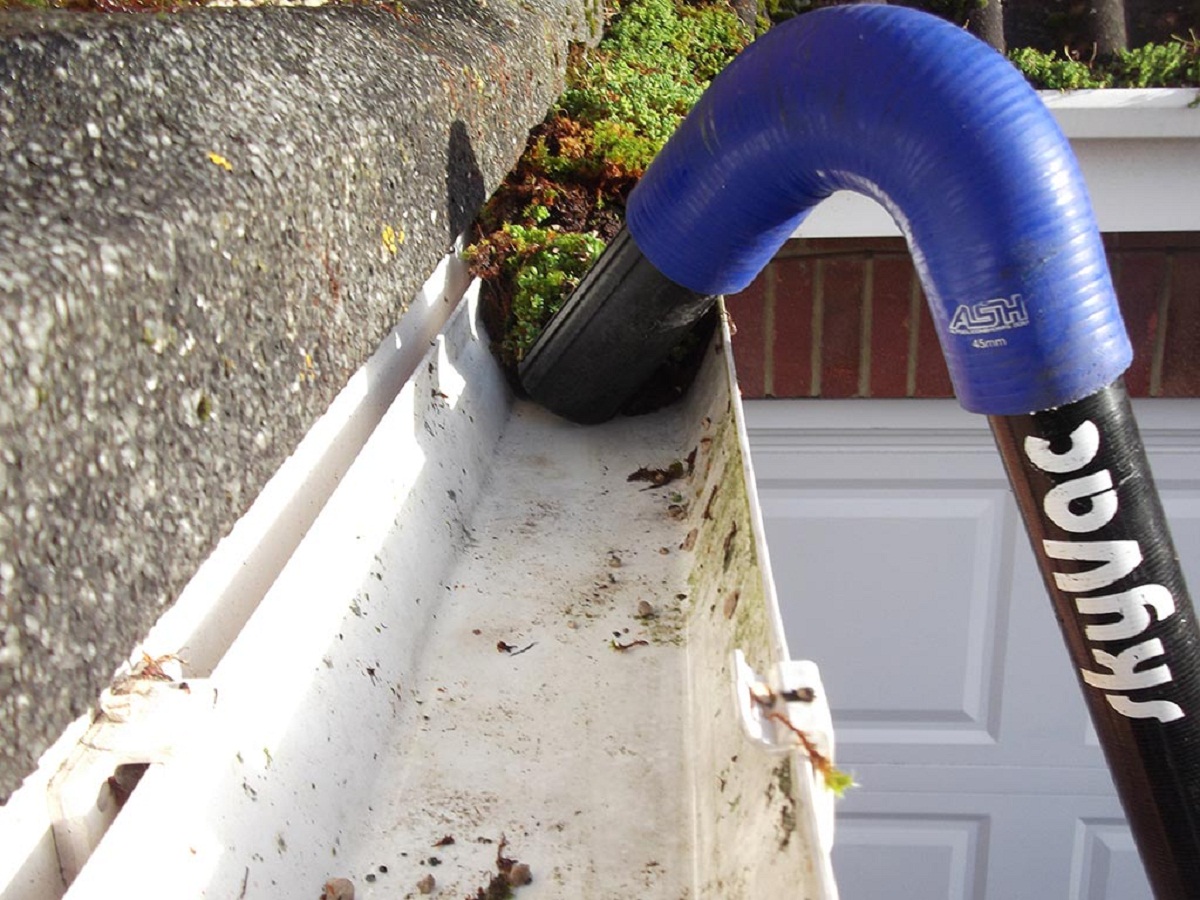


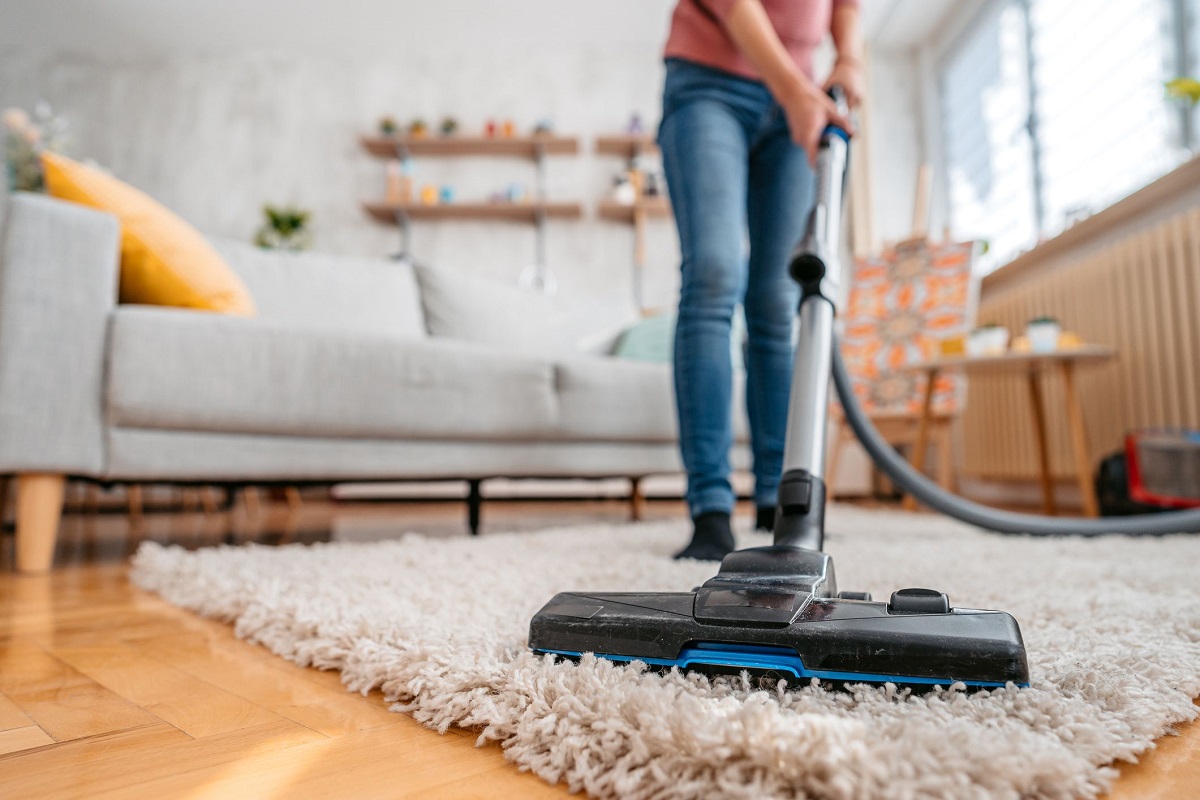

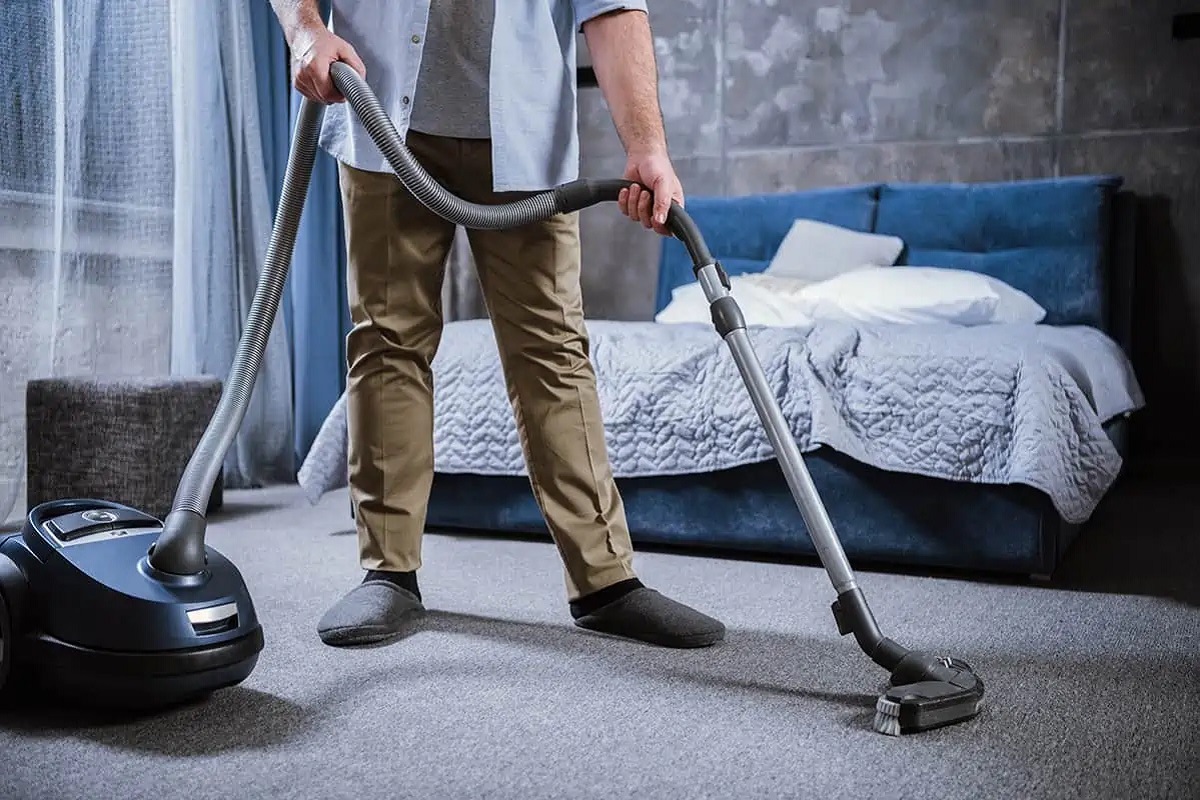

0 thoughts on “How Often Should You Clean A Washing Machine”